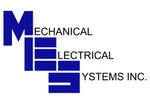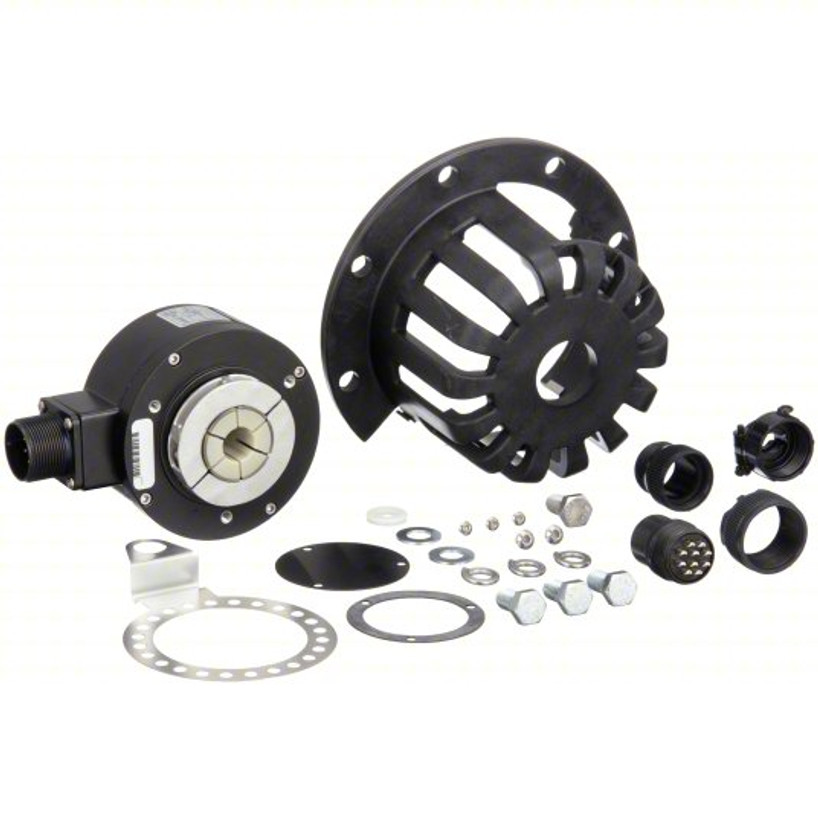Electric Motor Encoders
Electric motor encoders are devices used to measure the rotational position, speed, and sometimes direction of rotation of electric motors. They are essential components in various applications where precise control over motor operation is required, such as robotics, CNC machines, industrial automation, and servo systems.
Here's how they typically work:
- Physical Installation: Motor encoders are usually mounted directly onto the motor shaft or its rotor. They can be attached internally within the motor housing or externally depending on the specific design and requirements.
- Measurement Principle: Encoders employ various technologies to measure the motor's rotation. Optical encoders use a light source, photodetectors, and a rotating disk with alternating transparent and opaque segments to generate electrical signals corresponding to the motor's position. Magnetic encoders use magnets and Hall effect sensors to achieve a similar result. Both types provide high-resolution feedback.
- Output Signals: Encoders produce digital or analog signals that represent the motor's position, speed, and direction. These signals are then processed by a controller or a microcontroller, allowing precise control of the motor's behavior.
- Resolution: The resolution of an encoder refers to the smallest incremental change in position that it can detect. Higher-resolution encoders provide finer control over the motor's movement but may require more complex processing.
- Feedback Loop: Motor controllers use the feedback from encoders to adjust the motor's operation in real-time, ensuring that it reaches and maintains the desired position or speed accurately.
- Types of Encoders: Encoders can be absolute or incremental. Absolute encoders provide the exact position of the motor shaft within a single revolution, while incremental encoders produce pulses corresponding to incremental changes in position.
Overall, electric motor encoders play a crucial role in closed-loop control systems, enabling precise and responsive control over motor-driven mechanisms in various industrial and robotic applications.
Encoders also allow the motor to be able to have full torque capabilities at zero speed. For some applications like extruders, this is crucial because without full torque capabilities at zero speed the motor wouldn't be able to start pushing the material through the die


